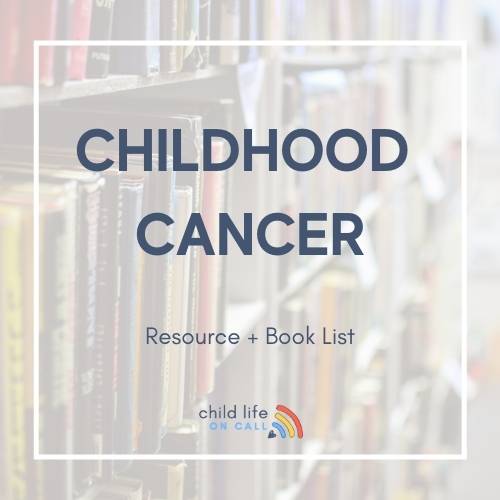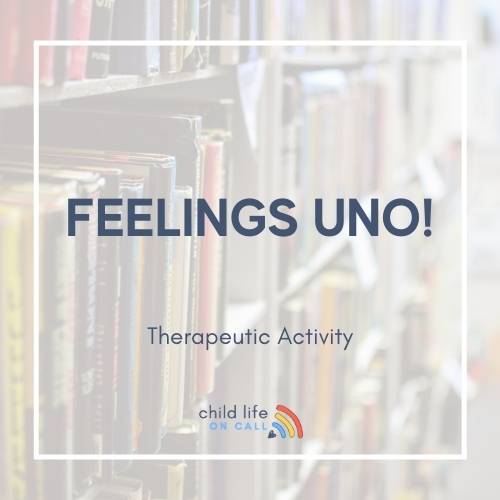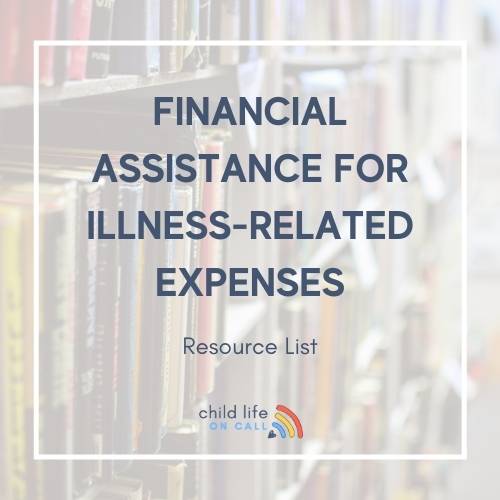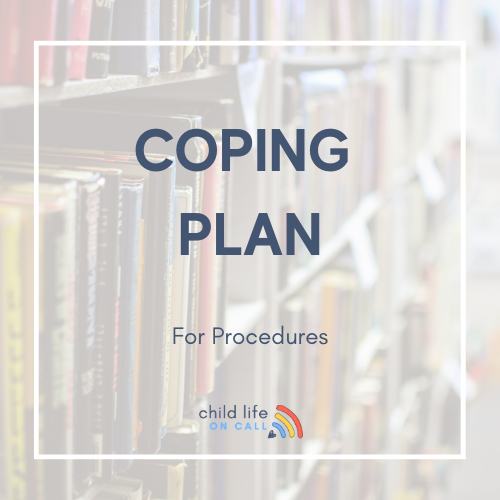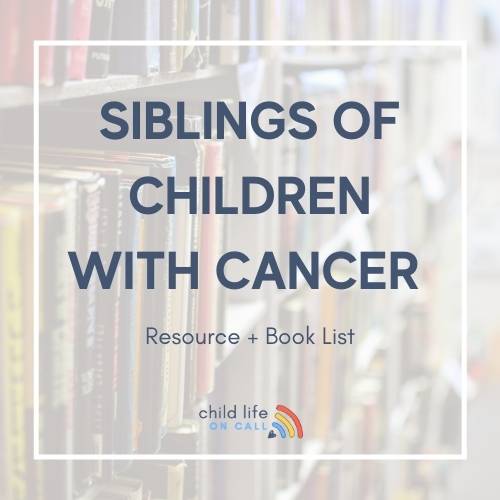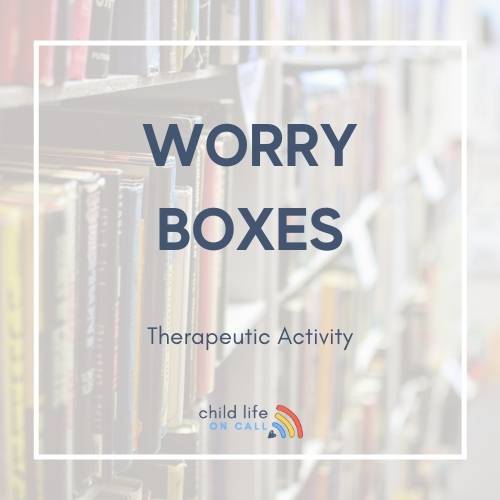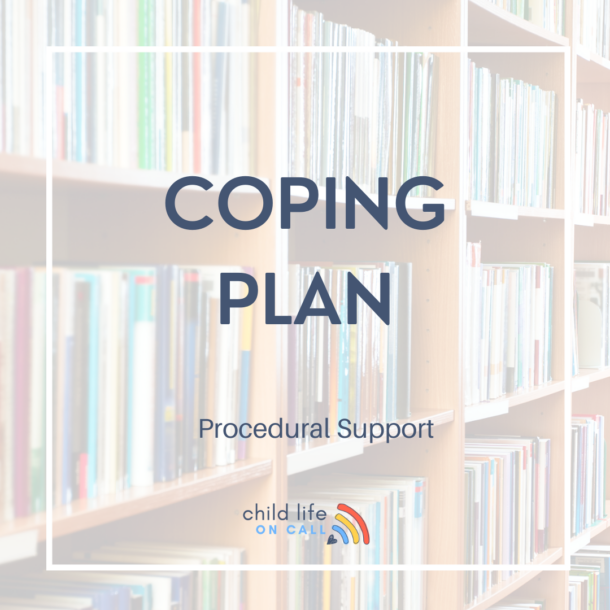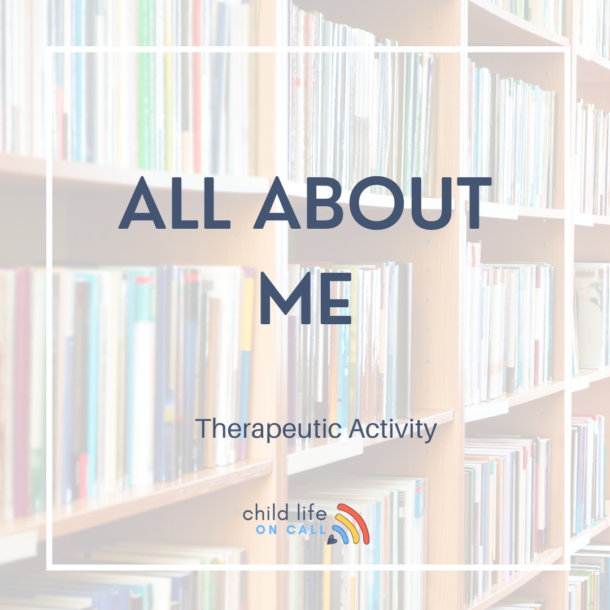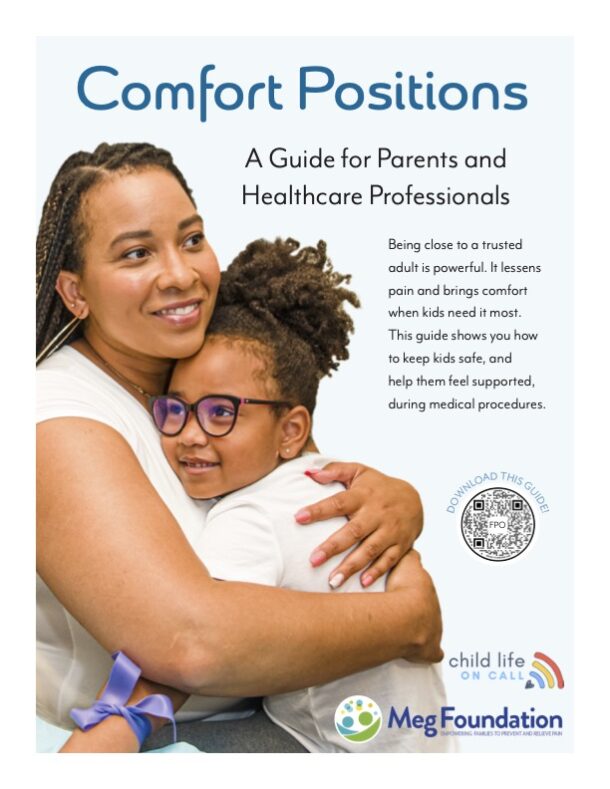April is Child Abuse Prevention Awareness Month. We have reposted this episode to bring awareness and give you tangible tools to speak with your kids about child abuse. Today’s guest expert is Jane Donovan, who is a child abuse prevention advocate. "And like we say in...
Episode 110 | A 12 Minute Talk with Dr. Jin Lee, a Licensed Clinical Psychologist
Podcast Show Notes
Today I am introducing you to Dr. Jin Lee, a licensed clinical psychologist with experience working in hospitals. She now has her own private practice, and she specializes with teens who have functional neurological disorders or post-concussive syndrome. You will hear some great information and feedback from Dr. Lee about how to support teens through chronic pain.
In this episode, we talk about…
[1:54] Dr. Jin Lee’s background
Dr. Jin Lee is a licensed clinical psychologist from Colorado, and she has had a private practice since April 2020. Most of the patients she sees are teens with chronic illness, and particularly within the area of chronic pain, functional neurological disorder, and post-concussive syndrome.
[2:51] Working with children and teens with chronic illness
Dr. Lee has practiced in various hospital settings across the years, and she has worked with a lot of children who have chronic illness. She landed on her current niche when she worked in a concussion clinic for four years. A lot of providers were sending children to their clinic for unknown pain syndromes after some injuries. Then the pandemic began, and that pushed Dr. Lee into starting her private practice. It has been nerve wracking at times, but she enjoys working with the patients.
Most of the patients she sees are high-achieving teens who have suffered for months or years. Their parents want help, and of course they want their kids to get better. They have visited one doctor after another, but they aren’t getting answers. Many parents of children with chronic pain and chronic conditions don’t know what to do. Most of the symptoms are invisible, and they are suffering because they feel like they are doing this alone and like nobody understands.
Dr. Lee resonates with her patients’ feelings because she grew up with chronic knee pain. She would just take Advil and go on with her day, but she felt like nobody really understood what was going on. When she circled back to this patient population, she really felt like she understood them based on her own experiences when she was a teen.
[5:57] How Dr. Lee supports her patients
In Dr. Lee’s mind, education and knowledge is power. One of the first things she asks her patients and their families is whether they know what pain is. She gets clarity on their understanding of chronic pain. Nearly everyone says they really have no clue about it, so she starts there. Most of the patients are coming from other specialists and providers who may have explained some things, but it’s hard for teens and parents to retain all the information. Dr. Lee sees herself as a conduit between the families and the doctors. So she starts with education, and then goes into how chronic pain actually becomes chronic pain. She can discuss how functional neurological disorders evolve, and the factors that accumulate to get to what we are seeing on the surface. It could involve biological components, family history, and psychological reasons, social issues, family or peer issues, learning struggles, and so forth. All of these things can impact chronic pain and other invisible symptoms.
From there, Dr. Lee can create a map of the brain and show how the brain functions and impacts different sensations in the body. The brain interprets our experiences as pain or other sensations, and so she spends a lot of time educating patients and talking about how sessions with a psychologist can help these families. Many families initially question why they would need to see a psychologist for pain, so debunking some of these myths and talking about bio-psycho-social models can be helpful in showing how everything is connected.
There are two different stages of treatment. The first tage is really to focus on symptom management. Whether it’s chronic pain, non-epileptic seizures or tremors, Dr. Lee wants to take care of these symptoms. Then the goal is to improve and increase daily functioning. She wants her patients to get closer to feeling like they are “normal”. That might look like going to school full-time, hanging out with friends, getting back into sports, or just enjoying life again.
Dr. Lee also makes the distinction that she is not here to fix people’s problems. Rather, she is teaching her patients to become problem solvers for themselves. She wants the children and teens she sees to have tools under their belts that they can use for as long as they want, if not for the rest of their lives. She wants them to feel more confident and competent in their ability to take care of themselves, because that is often lost along the way while they are experiencing chronic conditions.
[12:04] How patients and their families evolve through working with a clinical psychologist
Dr. Lee has permission from a former patient to share this story. She recently met a young man in his early twenties who had contracted COVID. He got better about a month after, and then developed myocarditis and ulcerative colitis. Previously, he was very healthy and active. One day, everything flipped and he had to be in the hospital for months. He lost nearly 40 pounds and he struggled with chronic pain, bleeding, and GI issues. Due to myocarditis, he couldn’t exercise for long periods of time. He was losing muscle, and he missed being outdoors and having fun with his family and friends.
Dr. Lee started working with him shortly after he was discharged from the hospital, and he was pretty much bedridden at home. He had to take time off from college, and he was staying at his parents’ house. He wanted to be independent, and that was all stripped away from him. After a few months of working together, he had implemented many tools and tips amidst his medical ups and downs. Dr. Lee asked him what kept him going, and he told her that it was so important for him to maintain hope. No matter what happens, he never loses hope. Maybe next week he will get better. Maybe next month he will get back to mountain biking. Maybe next year he can go on a fishing trip. Those are the hopes that have kept him going. They also talked about different values in his life, what matters, and what he can control versus what he cannot control. This patient has been so inspiring and encouraging for Dr. Lee, and she asked him if she could share his story with others. For other patients that are out there feeling like hope is lost, that is their choice. Hope is something that no one can take away from you.
Dr. Lee is mindful to encourage her patients to give themselves permission to have a bad day, as well. No one has to be positive all the time. Often, patients are under the impression that they have to be strong and be a hero at all times. That’s great if that works for you, but the reality is we all have good days and bad days, regardless of chronic medical conditions. It is important to give yourself permission to have a bad day. You can always come back to deal with illness, medical conditions, struggles, and whatever else. Dr. Lee assures her patients that she is here for them, and they can give themselves permission to feel whatever they are feeling. It seems to relieve a lot of patients when they feel like they can admit that sometimes they are not doing well.
[17:52] Advice for parents of teens with chronic illness
Dr. Lee mostly works with teens, who are a bit different than younger children who need a lot more hands-on help. For parents of teens, sometimes the most helpful thing is “accidentally not helping”. When parents are constantly asking their teen how their pain is, how their sleep is, how they are doing, whether they took their medicine, etc. it can be unhelpful. If parents are asking all of those questions, then the parents are really managing the condition. It is so helpful for teens to have their own voice and ownership in this experience. As soon as they start to monitor their own conditions, including pain level, general wellbeing, and daily functioning, they do so much better because they feel like they are in control. So, Dr. Lee encourages parents to resist the temptation to ask those status check questions. Let your teens come to you, because they will come when they need help. Sometimes being that support system and safety net is what helps teens the most.
In addition, standing back a bit helps teens to feel less like the center of attention or the focus of every conversation. Pain often increases when people continue to focus on how horrible it is. Taking away that attention helps teens to cope better with their pain. When your teen does come to you as a parent, then you can have a conversation about the strategies they are using to help themselves rather than jumping into fixing the problem. Ownership and autonomy can be the best things for teens with chronic illness.
Connect with Jin:
Have you heard? The Child Life On Call mobile app for parents, kids and their care team will be available in 2022. Sign up to stay informed here
Child Life On Call is a community of parents and professionals that share ideas, stories and resources to help YOU navigate your child’s unique experiences. We give you strategies to support yourself and your family through life’s challenges. We are so glad you are here.
Child Life On Call | Instagram | Facebook | Twitter
You Might Also Like…
215: Ruptured Appendix: Emergent Surgery, 6 Days in the Hospital & Struggles to Discharge
"I've learned so much in this whole process. It's like you have a depth inside of you that resurrects as an advocate and high alert, and it lives inside of you when you need it." -Aspen, Willa's Mom In this episode of Child Life On Call, host Katie Taylor and guest...
214: Sacrifice, Advocacy, Joy: Raising a Son with End Stage Kidney Disease – The Ransome Family’s Story
"Sometimes it's really therapeutic though to remember all that you have gone through because I feel like there are times when we look at each other and I'm like how did we get here?" Taylor Ransome We're grateful for our sponsor for this episode, Nestle Health...

